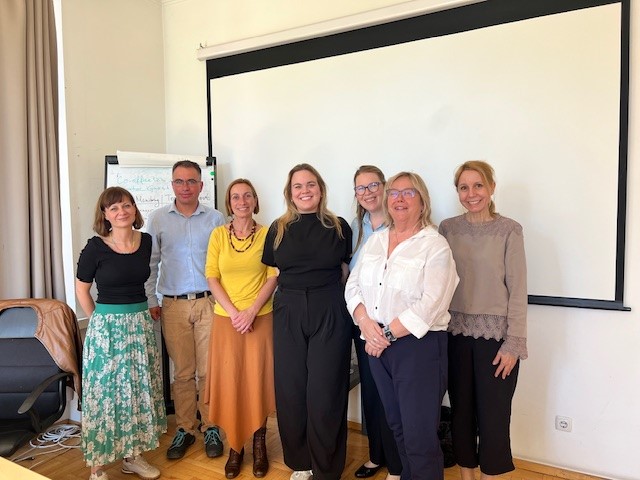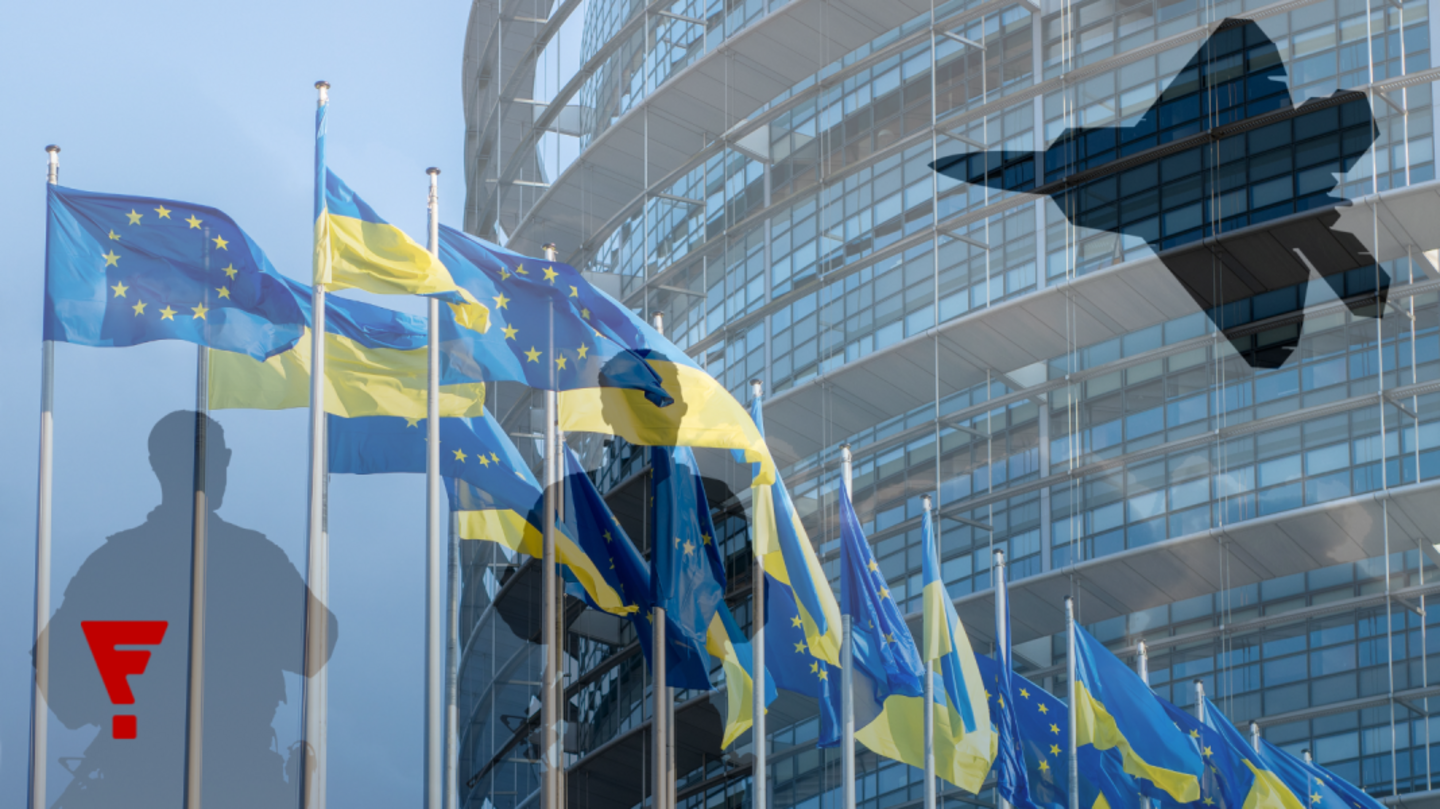The proliferation of disinformation and fake news is a serious issue across Europe and around the world. The effects of disinformation campaigns are considerable, especially when it regards the integrity of democratic institutions, democratic processes, rule of law and democratic elections. Disinformation campaigns, often on social media, can be designed to misinform the public, create information chaos, wreak havoc, and cause political instability. These efforts are made both by domestic and international actors, and they undermine democracy.
The spread of both disinformation and misinformation can have a range of harmful consequences, such as threatening our democracies, polarising debates, and putting the health, security and environment of EU citizens at risk. European Commission
Joining forces to battle disinformation
The European Commission has taken decisive steps to address this reality and keep service providers accountable for their social media platforms. In April 2024 the Commission opened proceedings against Facebook and Instagram under the Digital Service Act, relating to deceptive advertising and disinformation.
An example of this in Europe is Bulgaria. With Facebook being the most popular social media in the country, it is easy to spread fake news and disinformation. That is why the Association of European Journalists in Bulgaria founded the project “Science and Journalism: Together against Infodemic” which is funded by the EEA Grants through the Active Citizens Fund. In cooperation with partners at Trakia University, the Nonsensus Mediaforum, the Centre of Plant System Biology and Biotechnology Career, and the Career Development and Training Association, they have brought together experts in their fields to cooperate and join forces in the fight against disinformation.

We felt the urge to combine forces, media people and academic people and to start speaking the same language. Tsvetelina Hristova, Project Manager at the Association of European Journalists in Bulgaria
By joining forces, they can address the general lack of skill in searching for reliable sources and data, as well as interpreting scientific data and arguments, that contributes to the further spread of misinformation. By being able to speak the same language, both scientists and journalists can further their understanding and strengthen their efforts against disinformation. It is not innate to journalists to understand, and they must find the right experts, specifically on climate change.
“Media professionals helped academics understand messaging, and academics helped media people with research and persons and scientific organisations,” says Tsvetelina Hristova, Project Manager at the Association of European Journalists in Bulgaria.
Fighting disinformation online
The organisation has set up a fact-checking platform where they review and explain commonly spread fake news. Their platform, factcheck.bg, is an important resource in fighting disinformation, with examples of the fake information they have corrected being digitally altered photos of Ukrainian soldiers and politically fuelled propaganda. In the current geopolitical climate where fake news and disinformation may be frequently used to further political, economic and personal agendas, it is not easy for the journalists to continue their work. As reported by the project organiser, the journalists have experienced harassment and even had their names and photos publicly posted. The project also hosted a podcast series examining the psychology behind fake news, going in depth to educate and understand the drivers behind disinformation and how to combat them.
The Active Citizens Fund Support initiatives that strengthen democracy, uphold human rights, empower vulnerable groups, address gender equality and gender-based violence, increase civic engagement in environmental protection, and build the capacity of civil society organisations. The EEA grants allocate 10% of its total funding to Civil Society Organisations in the 15 Beneficiary States through the Active Citizens Fund.
With the support of the EEA Grants, civil society projects such as “Science and Journalism: Together against Infodemic” can continue their important work. The importance of having strong institutions and organisations that can fight against such efforts and campaigns cannot be understated. Equipping journalists and others with the necessary skills and tools to discern disinformation from fact-based information is essential to preserve and strengthen a more democratic Europe.
Find out more about our civil society projects in Bulgaria here, and read more about the Active Citizens Fund here.
Certain details in this article were found to be inaccurate and have been removed to ensure the accuracy of the project description.

